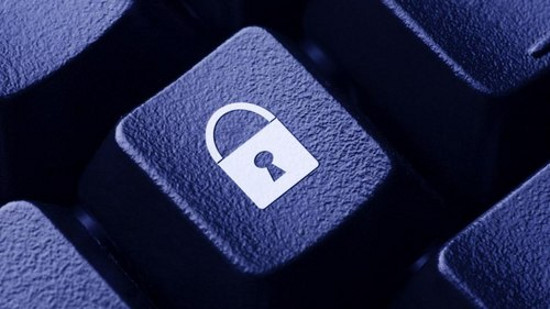10 online security tips from Google
You can mention some simple ways such as using complex passwords or always locking devices after use.
Google's Good To Know website offers a few tips to help users protect themselves against potential risks on the Internet. These tips can be applied both on computers and mobile devices.

Users can be stolen information if not careful on the Internet. (Photo: Mashable).
Alma Whitten, Google's director of security, product and technology, said: "We have discovered more than 10,000 unsafe websites and alerted them to users and other web companies. there are 14 million search results on Google and 300,000 different download links ".
Personal security tips from Google:
1. Use long, unique " passwords" using both numbers, characters and symbols, for important accounts like email or online banking.
2. Do not send passwords via email and do not share passwords with others.
3. Password recovery options are available and regularly updated.
4. Stay away from phishing scams by not sending feedback messages to untrustworthy emails, messages or websites, requiring personal or financial information to be entered.
5. Highlight and notify illegal content.
6. Regularly check security options and select content you want to share online.
7. Pay attention to your reputation online. Think carefully before posting an inappropriate information that may embarrass yourself or be harmful.
8. Regularly update browsers and operating systems on both computers and mobile devices. When installing software on a machine, make sure they are released from trusted sources.
9. When logging into an online account, be aware that the address section starts with "https: //" . This is a sign that the connection between the user and the computer is encrypted and secure.
10. Always lock the device after use. If you are more careful, you can automatically lock after the system is in " Sleep" state.